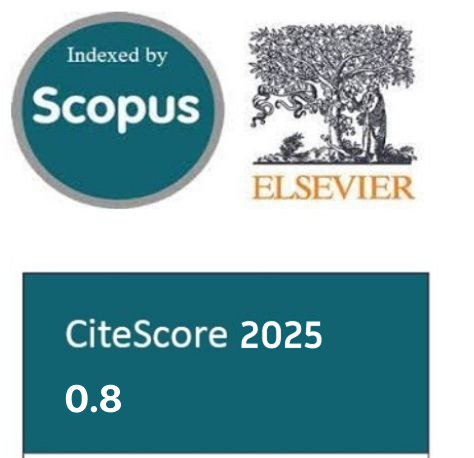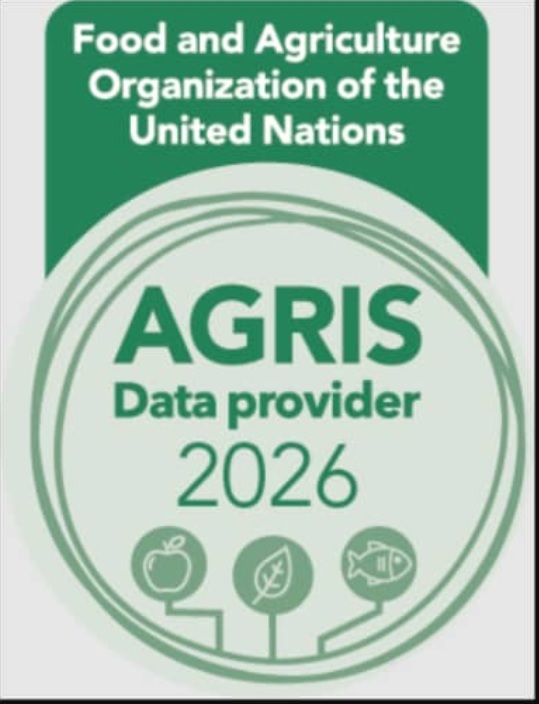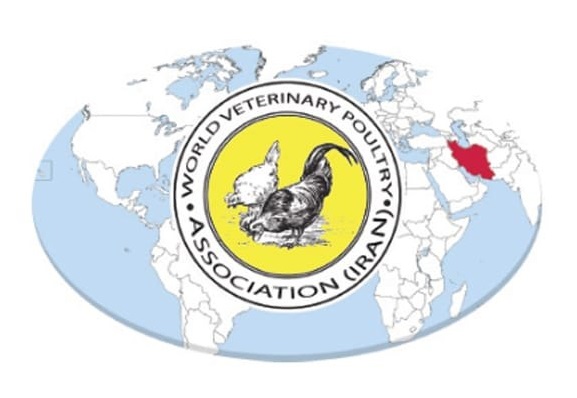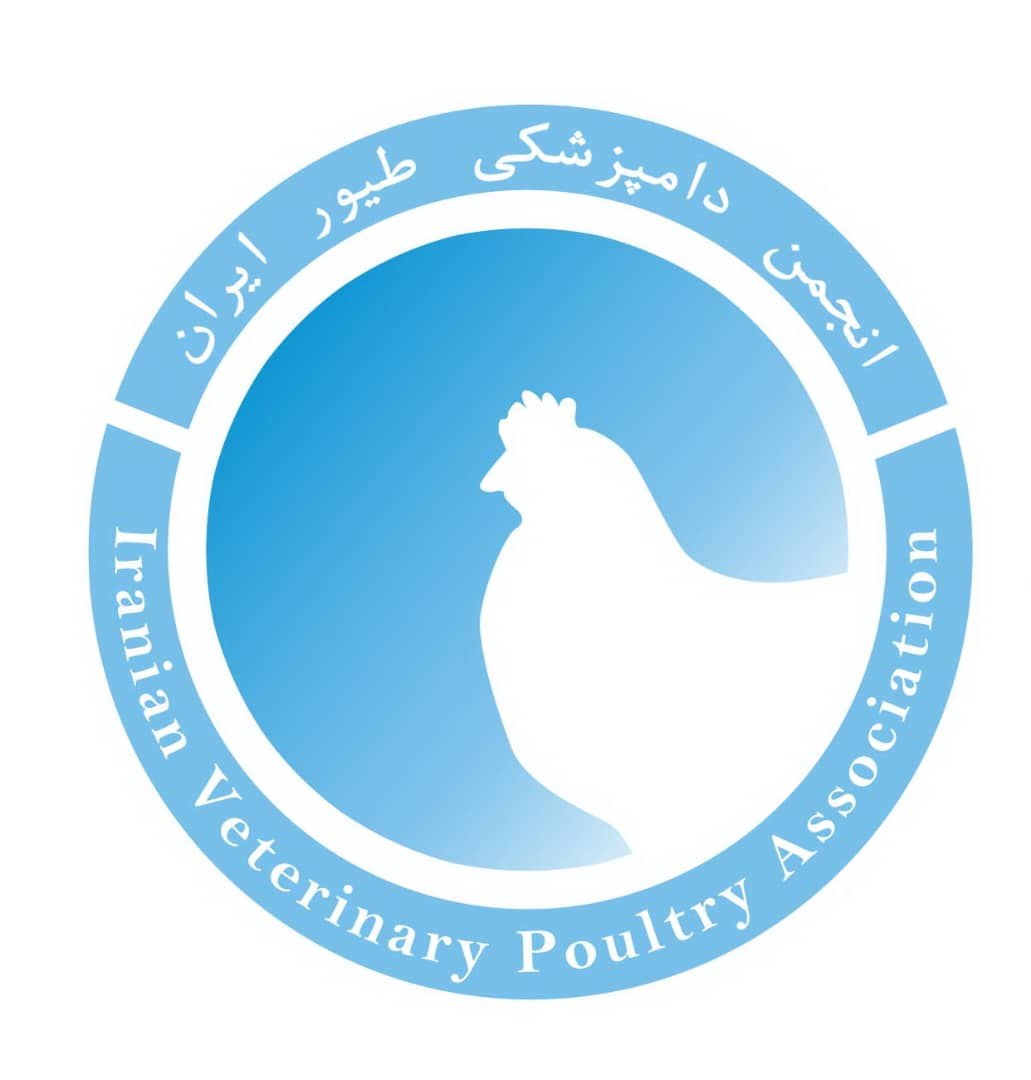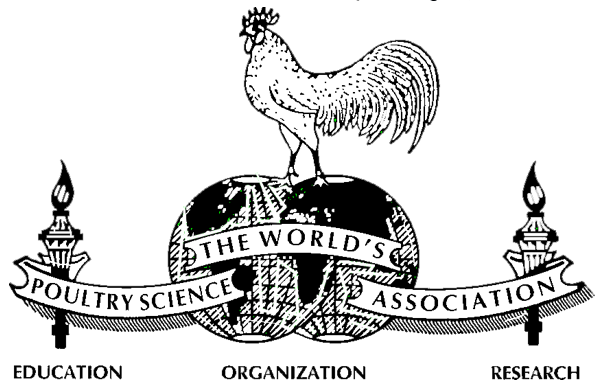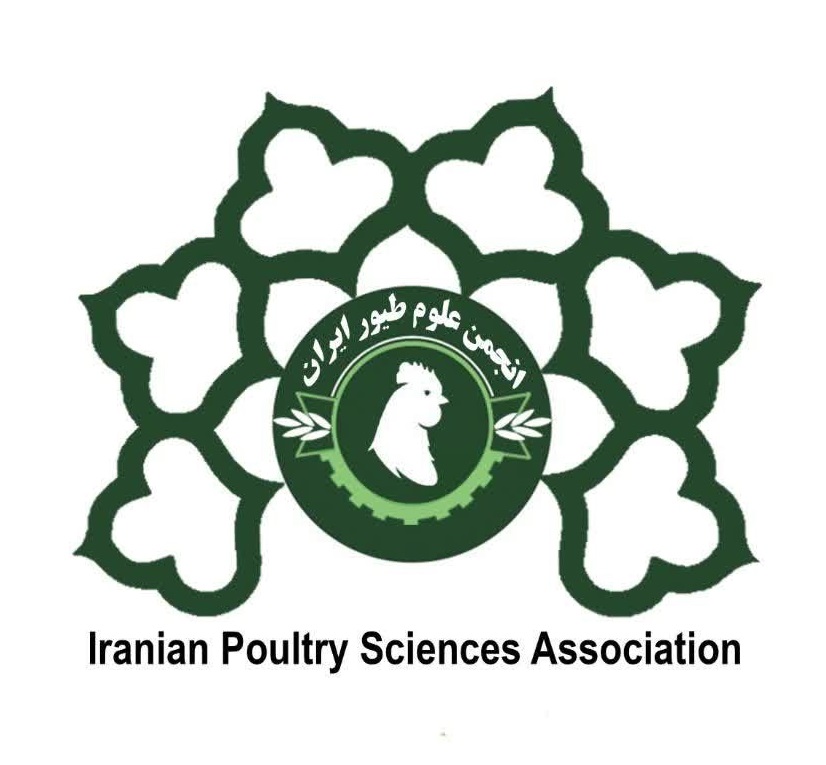A Literature Review on Sustainability of Poultry Production: Socio-Economic Role and Alternative as Climate Change Resilience of Livestock Production in Ethiopia
Keywords:
Climate-change, Family-poultry, Resilience, Socio-Economic valuesAbstract
The development of family-based poultry production is becoming a pressing business issue for all governmental, non-governmental, and private investors due to the rapid increase in urbanization and the Ethiopian population. Starting with individual households nationwide, the poultry enterprise sector is a significant part of the livestock industry that is essential for the sustainability and growth of the national economy. The poultry sector presents numerous alternative business opportunities for millions of young people and rural households. Family-based poultry production is a growing concern for the development of a green economy, as it has the potential to mitigate the effects of climate change. However, these days, the poultry production business faces several obstacles to its successful growth, starting with supply and processing constraints of inputs, as well as a shortage of high-quality technology, equipment, and feed ingredients. Additionally, the value chain for feed processing is limited, and locally accessible poultry feed resources are not used effectively. Another factor stemmed from producers and consumers who did not fully understand the importance of family-based poultry production in society. This was caused by a shortage of day-old chicks (DOCs) and parent stock, as well as poor breed improvement practices that resulted in inconsistent and unprofitable poultry products in terms of both quantity and quality. Ethiopian poultry breeding projects should consider farmers' preferences and production goals to achieve the dual objectives of increasing output and conserving the native chicken gene pool's adaptability. The introduction of chicken strains that can adapt to the tropics and mimic the indigenous chicken features that farmers value is an alternative to using local genetic resources.
Downloads
References
Alemayehu Y, Harpal S, Goshu G. Challenges and chicken production status of poultry producers in Bishoftu, Ethiopia. Poultry Science. 2019;98. [PMID: 31264699] [PMCID: PMC6771543] [DOI]
Alebachew G, Ejigu A, Yizengaw L, Gebeyehu S. Poultry Production and Marketing Systems in Ethiopia: A Review. Annals of Agricultural & Crop Sciences. 2022;7:112. [DOI]
Tadesse A, Tinsae TG. Economic and social values of family poultry production and its constraints in Ethiopia. 2016.
Tesfahun JB, Fasil G, Tadelle D. Socio-economic, marketing and gender aspects of village chicken production in the tropics: A review of literature. 2018.
Terfa Z, Garikipati S, Kassie G, Dessie T, Christley R. Understanding farmers' preference for traits of chickens in rural Ethiopia. Agricultural Economics. 2019;50. [DOI]
Wondie D, Abebe A, Alebachew H. Assessment of poultry feed and handling mechanisms of poultry production challenges in Benishangul-Gumuz Region, Western Ethiopia. Cogent Food & Agriculture. 2024;10. [DOI]
Yihun A. Husbandry Practice and Reproductive Performance of Indigenous Chicken Ecotype in Awi Zone, Amhara Regional State, Ethiopia. International Journal of Applied Agricultural Sciences. 2020;6:179. [DOI]
Salo S, Tadesse G, D H. Village Chicken Production System and Constraints in Lemo District, Hadiya Zone, Ethiopia. Poultry, Fisheries & Wildlife Sciences. 2016;4.
Hailu A, Wuletaw Z, Mazengia H. Breeding practice and objective of indigenous chicken in North Wollo, Amhara regional State, Ethiopia. International Journal of Livestock Production. 2013:15-22. [DOI]
Tarekegn G, Senbeta EK, Kebede NA, Aemro T, Terefe A. Poultry Research Village Chicken Husbandry Practice, Marketing and Constraints in Eastern Ethiopia. Unknown. 2016;5:104-8.
Feleke A, Tadesse T, Dancho A. Challenges and Opportunities of Village Poultry Production in Arbegona Woreda, Sidama Zone, Southern Ethiopia. DEVELOPING COUNTRY STUDIES. 2015;5.
Dessie T, Yami A, Peters K. Indigenous chickens in Ethiopia: Genetic potential and attempts at improvement. Worlds Poultry Science Journal. 2000;56:45-54. [DOI]
Dessie T, Woldegiorgiss W, Van der Waaij L, Zegeye F, Gizaw S, Okeyo A. Village chicken production in the central and western highlands of Ethiopia: Characteristics and strategies for improvement. 2013.
Muluneh B, Taye M, Dessie T, Wondim D, Mengesha D, Tenagne A. Selection Criteria and Husbandry Practices of Indigenous Chicken Producers in Northwest Ethiopia. 2024. [DOI]
Chebo C, Nigussie H. Performances, Breeding Practices and Trait Preferences of Local Chicken Ecotypes in Southern Zone of Tigray, Northern Ethiopia. Asian Journal of Poultry Science. 2016;10:158-64. [DOI]
Tirfie F. Review on Poultry Production Status and Economic Contribution of the Sector in Ethiopia. 2023;109:1-9.
Alemneh T, Getabalew M. Exotic chicken production performance, status and challenges in Ethiopia. 2019;5:039-45. [DOI]
Neme Y, Ayele J, Asrat M. Village Chicken Production Performances and Producers Trait Preference in Buno Bedele and Ilu Aba Bor Zone South Western Ethiopia. 2019;8:34-43.
Woldegiorgiss W. Farmers' preferences towards breeding objective for indigenous chickens in different agro-ecologies of Ethiopia. African Journal of Agricultural Research. 2020;16. [DOI]
Chaimiso S. Review on village/backyard/ poultry production system in Ethiopia. Pacific International Journal. 2018;1:105-10. [DOI]
Batiso Y. Introduction of the exotic breeds and cross breeding of local chicken in Ethiopia and solution to genetic erosion: A review. African Journal of Biotechnology. 2020;19:92-8. [DOI]
Belay F, Wolde A. Socio-economic importance and production characteristics of village poultry production in Ethiopia: A review. 2022:112-22.
Alemu S, Hanotte O, Kebede F, Woldegiorgiss W, Abegaz S, Bruno J. Evaluation of live-body weight and the number of eggs produced for introduced and local chickens in Ethiopia. Acta Agriculturae Scandinavica, Section A - Animal Science. 2021;70:1-7. [DOI]
Sebho H. Exotic Chicken Status, Production Performance and Constraints in Ethiopia: A Review. Asian Journal of Poultry Science. 2016;10:30-9. [DOI]
Kejela M, Diba D, Yusuf H, Ferade B, Duguma G, Mohammed H. Feed Intake, Weight Gain and Profitability of Sasso Chickens Fed Locally Formulated Rations at Wollega University, Nekemte, Ethiopia. Journal of World Applied Sciences. 2020;38:404-15.
Puvača N, Kostadinović L, Ljubojević Pelić D, Lukač D, Popović S, Novakov N. Effect of garlic, black pepper and hot red pepper on productive performances and blood lipid profile of broiler chickens. Archiv fur Geflugelkunde. 2015;79. [DOI]
Wegner M, Kokoszyński D, Biegniewska M. Effect of litter system and nest box type on egg production and performance of Ross 308 broiler breeders. Animal Production Science. 2022;62. [DOI]
Bekele B, Melesse A, Esatu W, Dessie T. Production performance and egg quality evaluation of indigenous chickens across different agro-ecologies of Southern Ethiopia. Veterinary Integrative Sciences. 2022;20:133-45. [DOI]
Khaleel R. Prediction of haugh unit by egg weight and albumen height. Mesopotamia Journal of Agriculture. 2019;47:37-43. [DOI]
Bonchev D, Lukanov H, Zlatev Z. Determination of Egg Yolk and Albumen Main Quality Characteristics by Image Processing Techniques. Journal of Intelligent Animal Husbandry. 2023.
Wesley R, Stadelman W. Measurements of Interior Egg Quality. Poultry Science. 1959;38:474-81. [DOI]
Digesa S. Climate Change Impacts on Livestock Production and Adaptation Strategy used by Households in Loka Abaya District, Southern Ethiopia. 2024:28-41.
Menghistu HT, Abraha A, Tadesse G, Tesfay G, Mersha T, Redda Y. Greenhouse gas emission and mitigation potential from livestock production in the drylands of Northern Ethiopia. Carbon Management. 2021;12:1-18. [DOI]
Berhe A, Bariagabre S, Balehegn M. Estimation of greenhouse gas emissions from three livestock production systems in Ethiopia. International Journal of Climate Change Strategies and Management. 2020. [DOI]
Biru S, Jo C, Lee M. Meat Consumption Culture in Ethiopia. Korean Journal for Food Science of Animal Resources. 2014;34. [DOI]
Assefa H. The role of poultry for poor livelihoods in Ethiopia. 2019:1-04.
Guèye E. The Role of Family Poultry in Poverty Alleviation, Food Security and the Promotion of Gender Equality in Rural Africa. Outlook on Agriculture. 2000;29:129-36. [DOI]
Shankar T, Praharaj S, Sahoo U, Maitra S. Intensive Farming: It's Effect on the Environment. 2021;12:377-480.
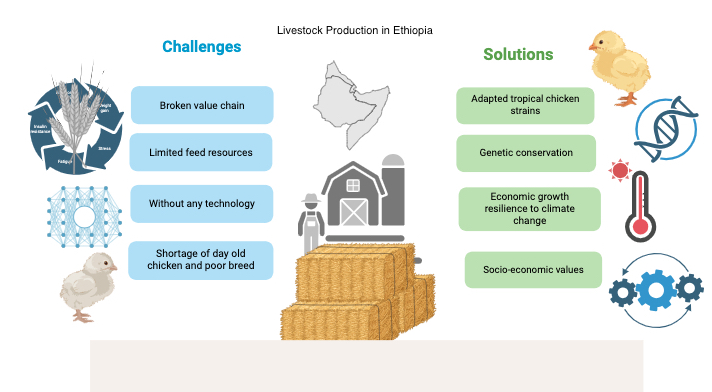
Downloads
Published
Submitted
Revised
Accepted
Issue
Section
License
Copyright (c) 2024 Seyoum Bekele (Corresponding Author); Meseret Girma Abebe (Author)

This work is licensed under a Creative Commons Attribution-NonCommercial 4.0 International License.


